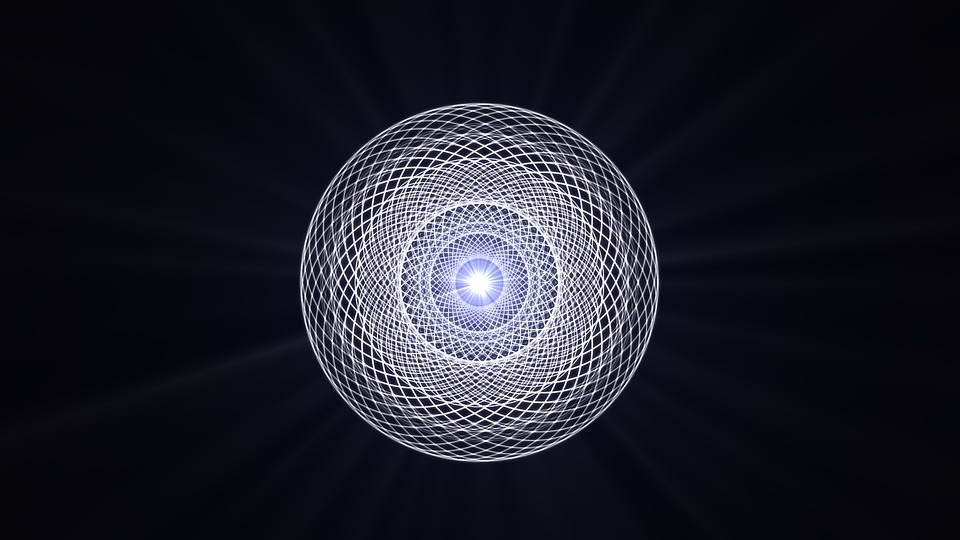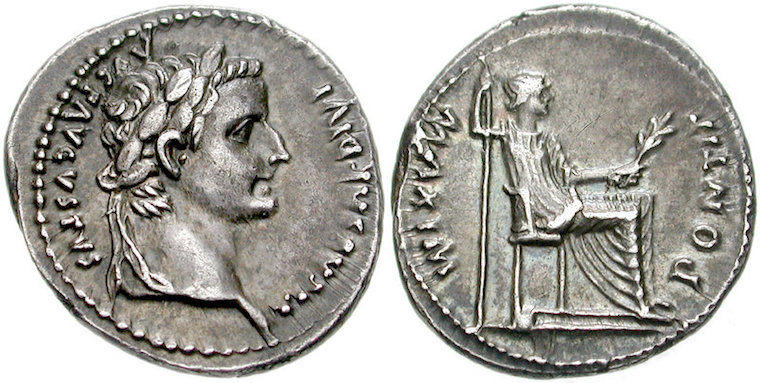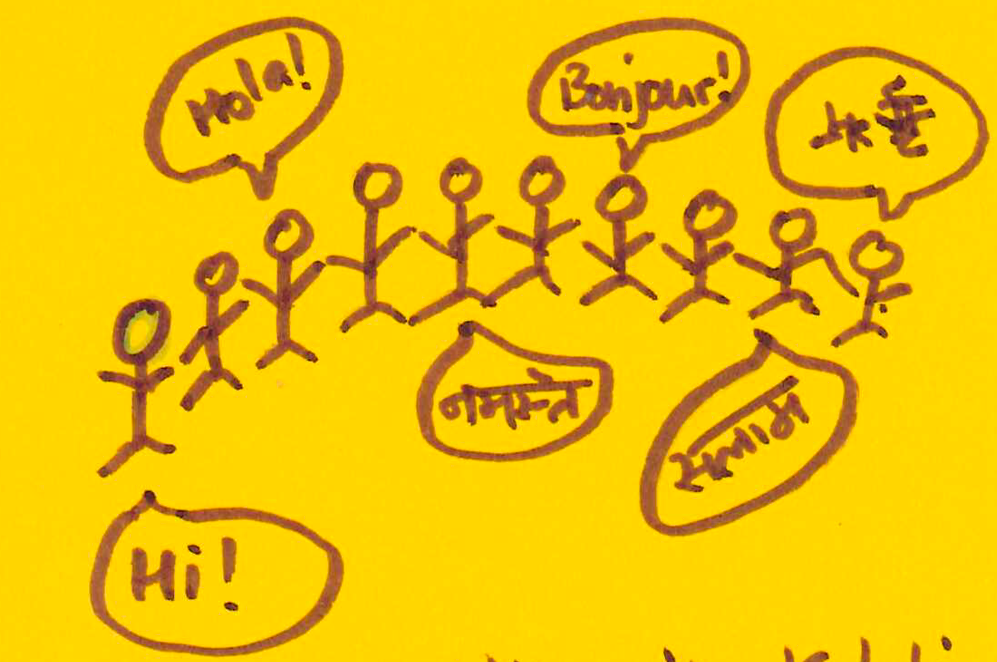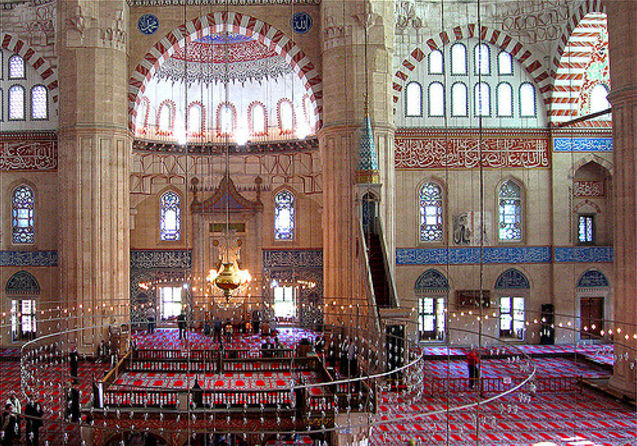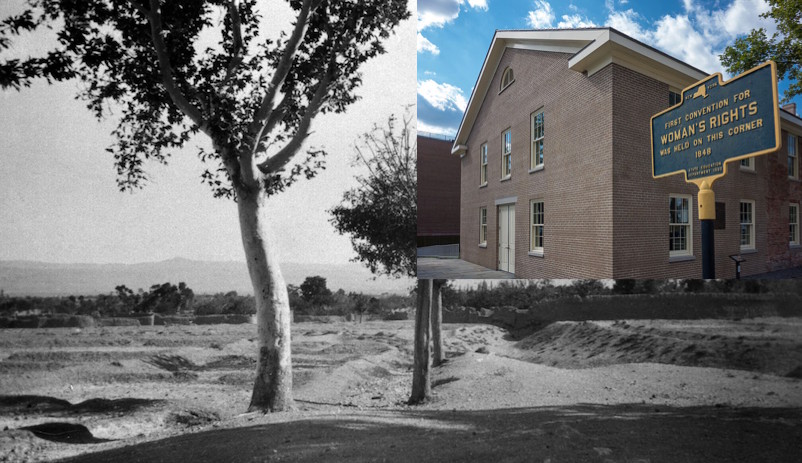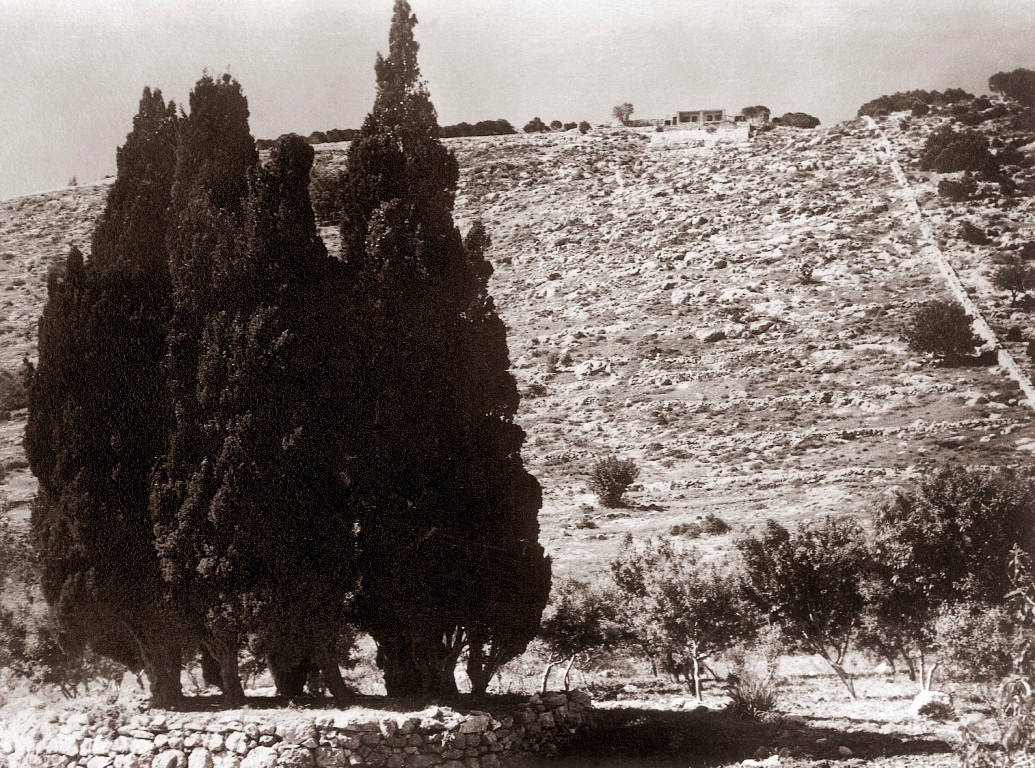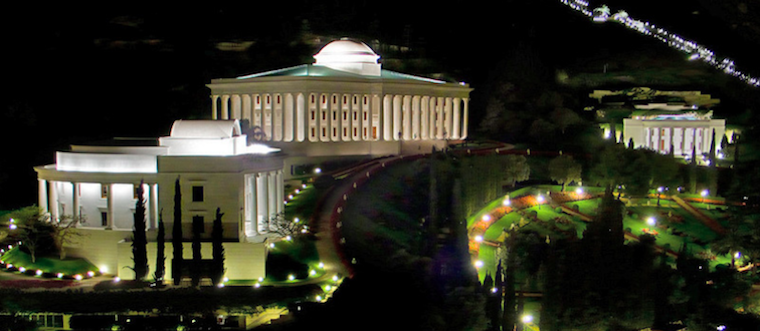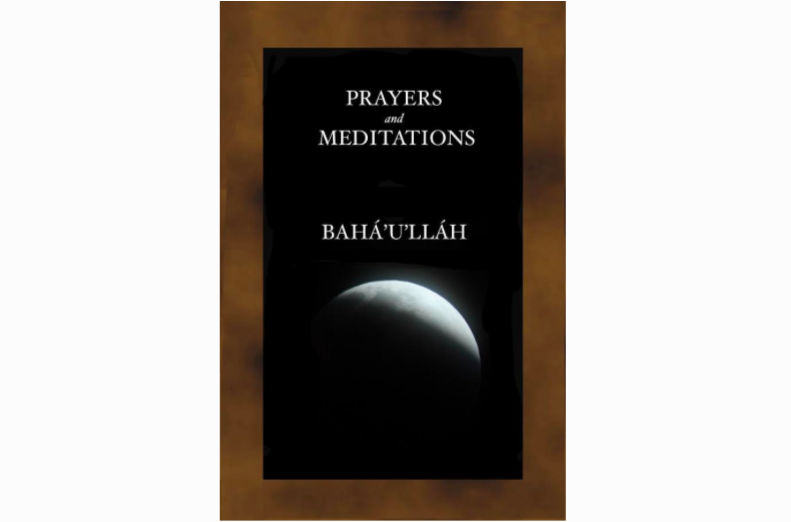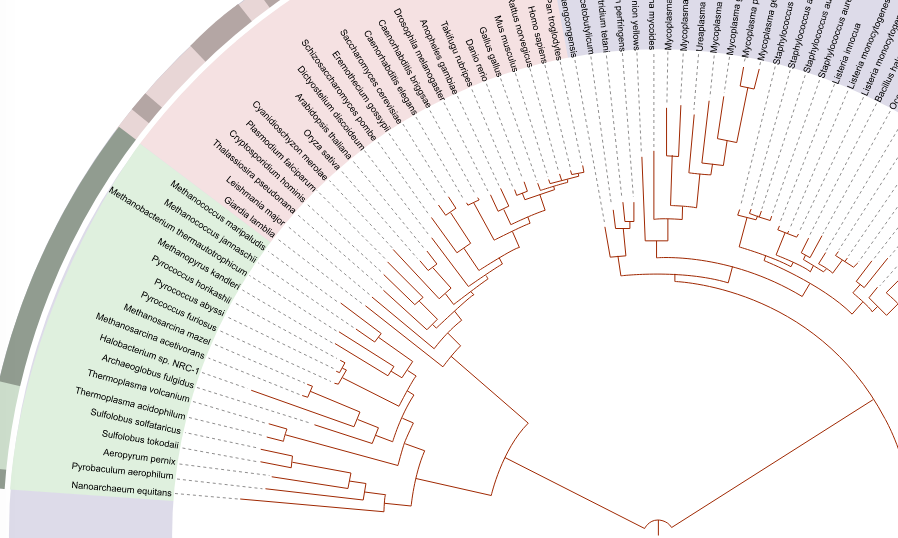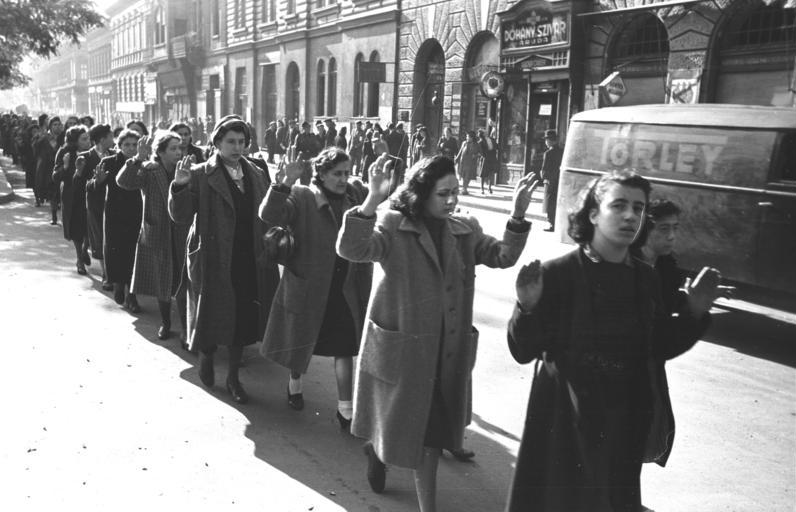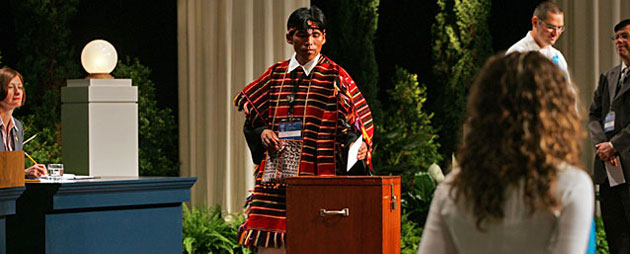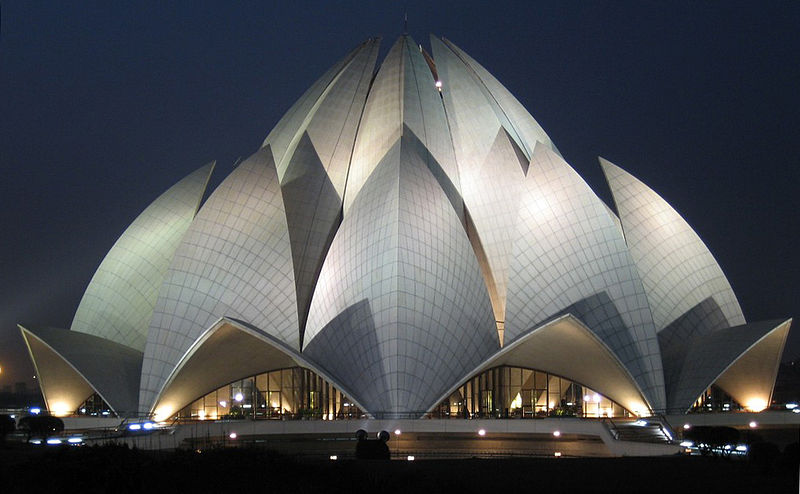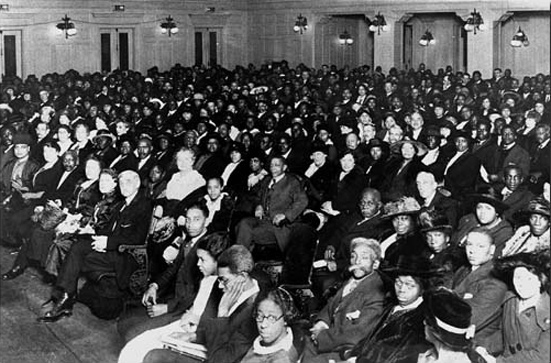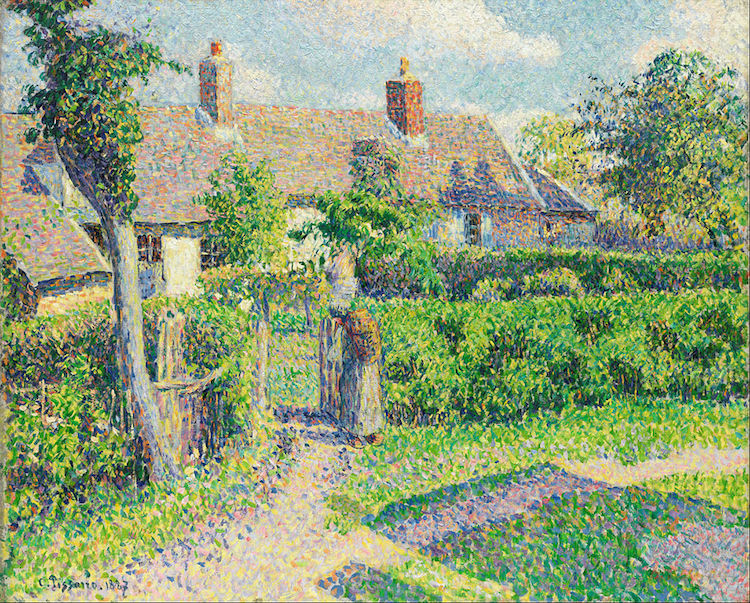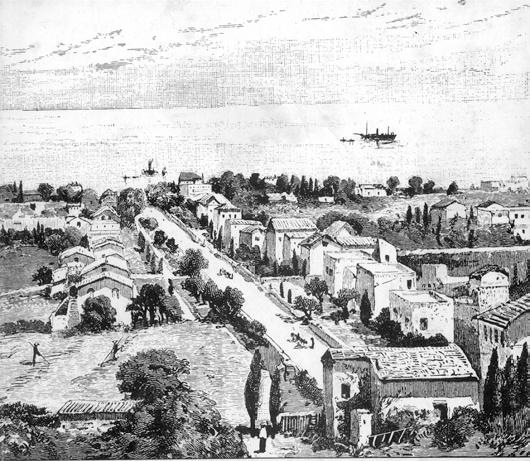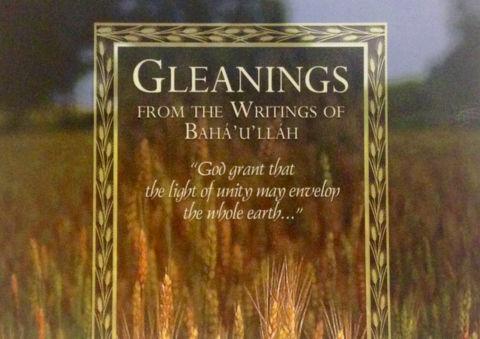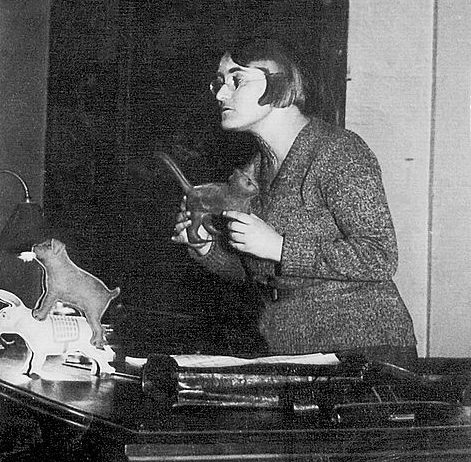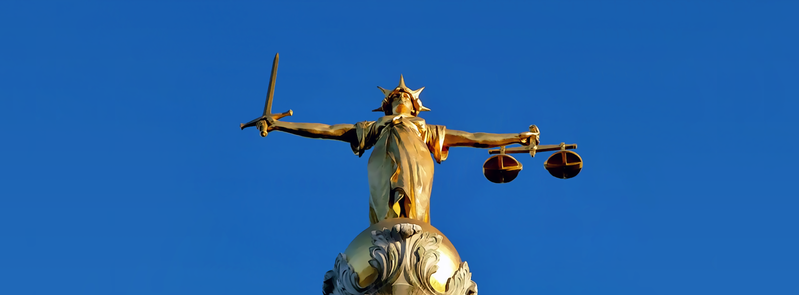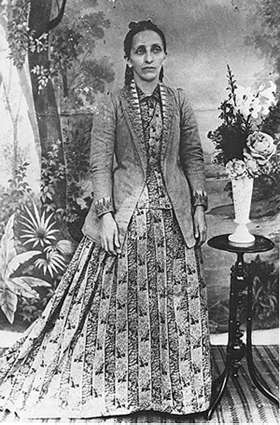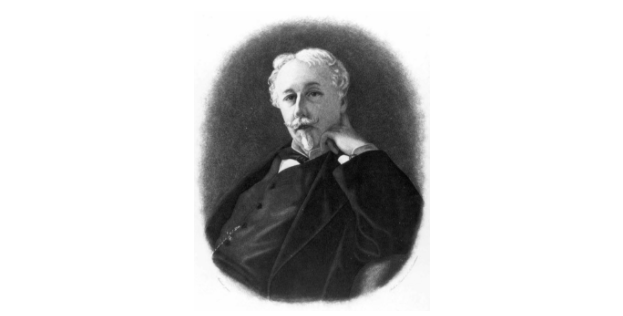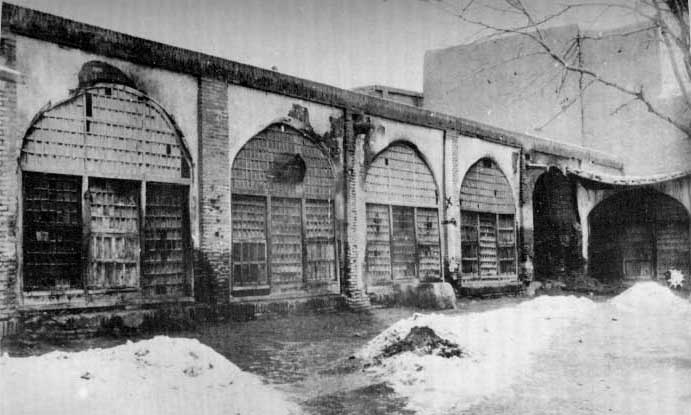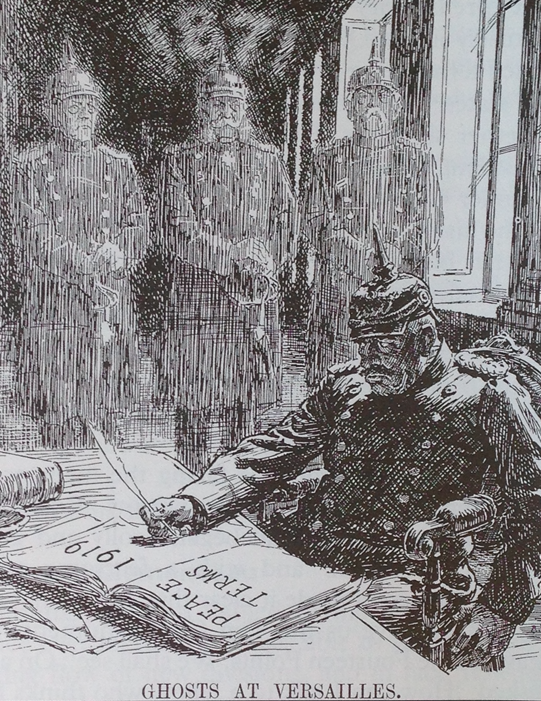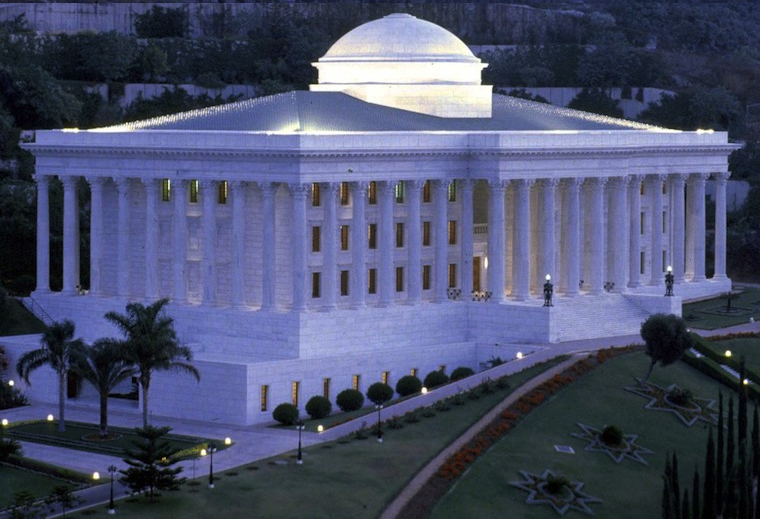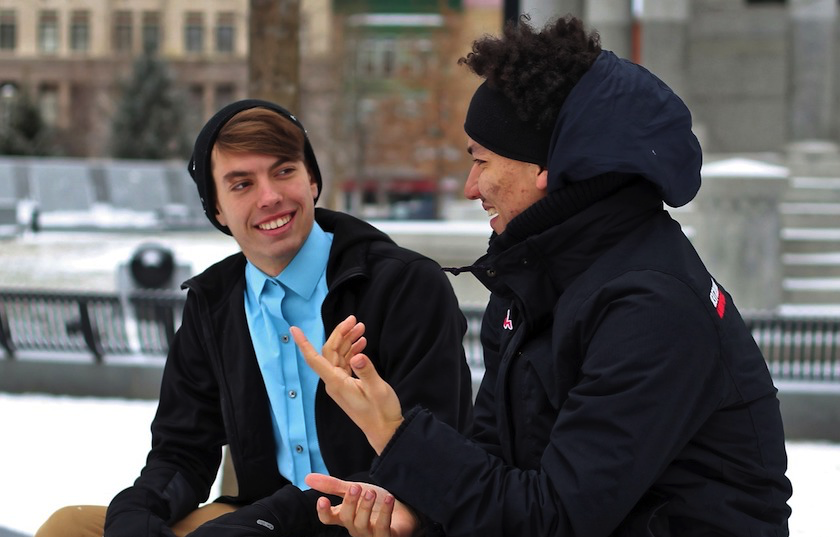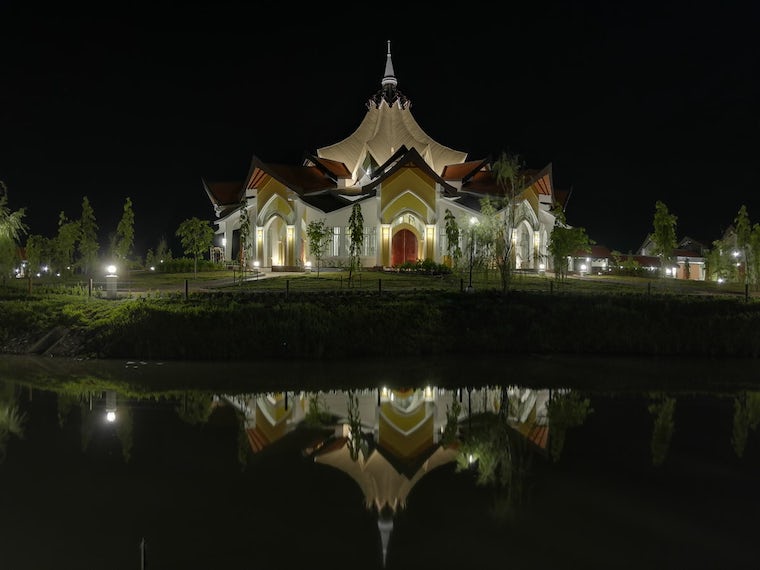Baha'u'llah
-
Achieving Unity
It was not obvious when Bahá’u’lláh stated it, but it is obvious today. The problems of the world cannot be solved and human welfare and peace cannot be achieved, until humanity’s unity “is firmly established”. Yet if we look around the world, there is nothing more obvious than the divisions that beset human beings. No two men can be found who may be said to be outwardly and inwardly united. The evidences of discord and malice are apparent everywhere, though all were made for harmony and union.[1] If unity were easy, it would have already been achieved. It is not impossible, but it is harder than even the most visionary goals human…
-
1848 – The Year of Two World Changing Conferences
1848 is usually remembered as the year of revolutions in Europe. Those revolutions – although sweeping across Europe – changed little. At the same time however, something of far greater moment was taken place, two small conferences. Although very few noticed at the time, a central idea of those conferences has already unfolded in unimagined transformation of human society across the planet. As Louise Dittmar, an advocate of the time, wrote in 1849: The freedom of women is the greatest revolution, not just of our own day, but of all time, since it breaks fetters which are as old as the world. And indeed in 1848, the emancipation of women…
-
Prayers and Meditations of Bahá’u’lláh
Prayers and Meditations of Bahá’u’lláh is a collection, in English, of Bahá’u’lláh’s devotional writings. It is one of Shoghi Effendi’s translations: a work he undertook in 1936-37, shortly after he completed the translation of Gleanings of Bahá’u’lláh. In Prayers and Meditations we find Shoghi Effendi’s translations of the Baha’i obligatory prayers – which Baha’is recite every day – noting that Shoghi Effendi’s English translations became the model for translation into many other languages. Beautiful flowing language such as the following: … make of my prayer a fire that will burn away the veils which have shut me out from Thy beauty, and a light that will lead me unto the ocean of Thy Presence…
-
Detachment from the Material World
Bahá’u’lláh calls us to a spiritual life – but not an ascetic one. As discussed in a previous article, Bahá’u’lláh does not teach that the material world is inherently bad. It is the matrix within which our spiritual beings develop. And material reality speaks to us of the divine world. Yet, material existence is not the end goal of our lives. We are just passing through. The generations that have gone on before you—whither are they fled? And those round whom in life circled the fairest and the loveliest of the land, where now are they? … Others erelong will lay hands on what ye possess, and enter into your habitations.[1]…
-
The Nature of the Soul Doesn’t Change But Everything Else Does
One of the most poignant speeches by a political leader is that of Robert Kennedy given in Indianapolis in 1968, the night that Martin Luther King was assassinated. Robert Kennedy was himself assassinated 63 days later. As Robert Kennedy spoke, he recalled his own loss of his brother and the words of an Ancient Greek poet, Aeschylus. Even in our sleep, pain which cannot forget falls drop by drop upon the heart, until, in our own despair, against our will, comes wisdom through the awful grace of God. Here is evidence, if we need it, that the nature of the soul has not changed – even after the passage of…
-
Beauty in the Universe and Ourselves
There is a beauty in the following verse from the Qur’an, which inspired the title for this article. It is sometimes translated as follows: “We will show them our signs in the universe and themselves, until it becomes manifest to them that it is the truth.” [Qur’an 41:53] Beauty, is one of the many signs (or qualities) of God. In English and many other languages the word “beauty” is applied to qualities that we see in nature, in each other, the things human beings create and in the beautiful lives of outstanding human beings. The image above is an example of impressionist art – a period of art which is…
-
The Purpose of Justice
Like prophets before him Bahá’u’lláh counselled kings and rulers of society to observe justice. Referring to the suffering inflicted on himself and his followers by the rulers of his time he writes: Twenty years have passed, O kings, during which We have, each day, tasted the agony of a fresh tribulation. … They that rose up against Us have put us to death, have shed our blood, have plundered our property, and violated our honour. Though aware of most of our afflictions, ye, nevertheless, have failed to stay the hand of the aggressor. For is it not your clear duty to restrain the tyranny of the oppressor, and to deal…
-
The Interconnection of All Things
All things are interconnected. … every part of the universe is connected with every other part by ties that are very powerful and admit of no imbalance, nor any slackening whatever.[1] When Abdu’l Baha made comments of this kind he had in mind the interconnection between the material, plant, animal and human kingdoms. The atoms that make us up transition between these worlds remaining unchanged in their essence although entirely transformed in their outward characteristics. Indeed we could not exist but for the fact that the atoms that make up our bodies were long ago manufactured in the nuclear processes of a star. As each component atom or element in…
-
Death: The Last Taboo and What Comes After
There is virtually nothing that is a taboo in modern society. Death is the one exception. Ironically so, as our nightly news and popular entertainment are so often full of death. Yet there are plenty of articles that identify the death taboo. So how is it taboo? It is taboo in the sense that we live as if death is something that only happens to someone else. In our popular culture, the unavoidable reality of our own death is a taboo that is pushed deep into the subconscious. Of course we will all die one day. The taboo has practical consequences. As the old meme goes – what would we…
